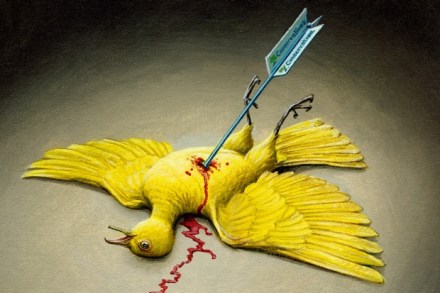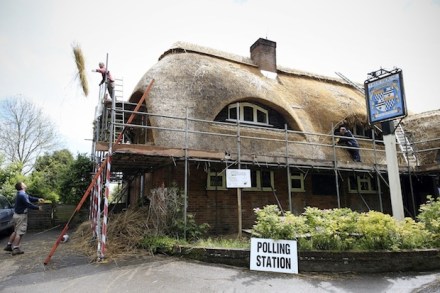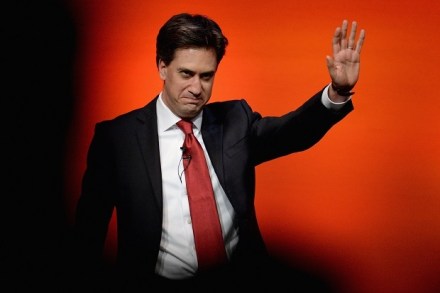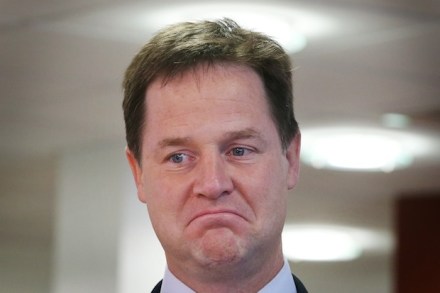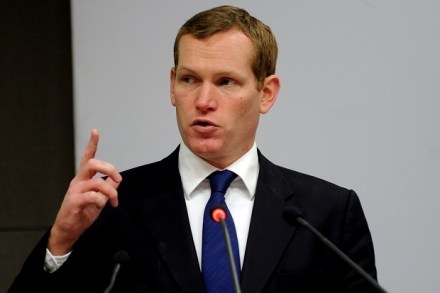Briefing: what you need to know about that leaked Lib Dem poll
Will Nick Clegg hold onto his Sheffield Hallam seat next year? No, according to internal Lib Dem polling which has been leaked to the Guardian. ICM have now released the full tables, which outline the fight Clegg and the Lib Dems face in 2015. It’s worth noting sample sizes are small — 500 were polled in each seat compared to 1,000 in Ashcroft survey this weekend. But here are the most important details: While Clegg held onto his seat comfortably with 53 per cent of the vote in 2010, the ICM snapshot suggests that if there was a general election tomorrow, Clegg would come third behind Labour and the Tories: [datawrapper
